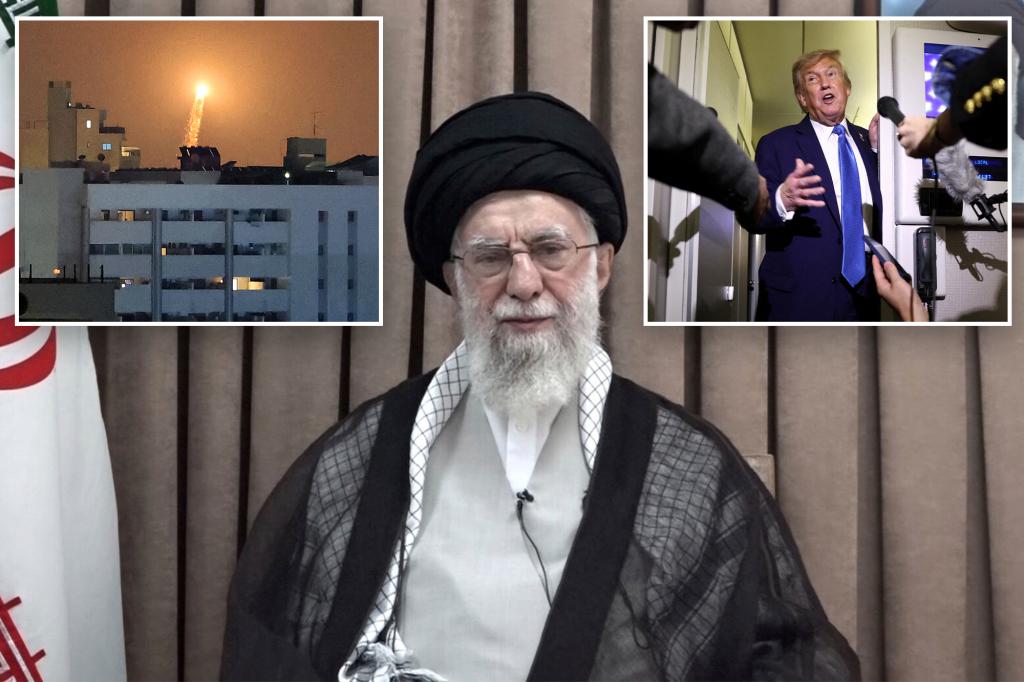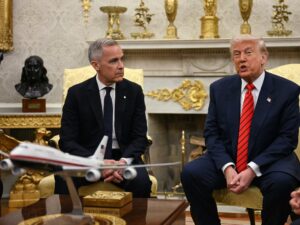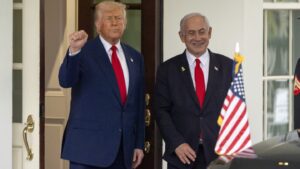
In a bold statement on Wednesday, Iran’s Supreme Leader Ayatollah Ali Khamenei dismissed US President Donald Trump’s demands for Tehran to surrender in its ongoing conflict with Israel. Khamenei labeled Trump a “has-been warmonger” and declared that Iran is not intimidated by the President’s “absurd rhetoric.”
“The US President threatens us. With his absurd rhetoric, he demands that the Iranian people surrender to him. They should make threats against those who are afraid of being threatened. The Iranian nation isn’t frightened by such threats,” Khamenei stated on X, formerly known as Twitter.
Escalating Rhetoric and Tensions
The Iranian leader also warned that any US military action would lead to “serious irreparable consequences.” He emphasized that the involvement of the United States in the conflict would be detrimental to them, suggesting that the damage suffered by the US would surpass that of Iran.
“The US entering in this matter is 100% to its own detriment. The damage it will suffer will be far greater than any harm that Iran may encounter,” Khamenei asserted.
He further accused the US of being complicit in actions carried out by Israel, referring to the “malicious move” by the “Zionist regime” and expressing growing suspicion of US involvement.
Iran’s Firm Stance on Negotiations
Hours after Khamenei’s statements, the Iranian government responded to President Trump’s claims that Iran was still open to negotiations. Iran’s mission to the United Nations denied any willingness to negotiate under pressure, emphasizing their refusal to “grovel at the gates of the White House.”
“Iran does NOT negotiate under duress, shall NOT accept peace under duress, and certainly NOT with a has-been warmonger clinging to relevance,” the statement read.
This follows President Trump’s earlier demands for an “unconditional surrender” from Iran, coupled with a warning that the US knew the location of Iran’s Supreme Leader. Trump assured that while Khamenei was an “easy target,” the US would refrain from any immediate action.
Historical Context and Expert Opinions
The current tensions echo past conflicts between the US and Iran, particularly the 1979 Iranian Revolution and the subsequent hostage crisis, which have left a lasting impact on US-Iran relations. Experts suggest that the rhetoric from both sides is reminiscent of Cold War-era posturing, where threats were often used as a tool of diplomacy.
According to Dr. Reza Aslan, a Middle East analyst, “The language being used by both leaders is designed to rally domestic support and project strength. However, the risk of miscalculation is high, and any military engagement could have catastrophic consequences for the region.”
Potential Consequences and Future Outlook
The Iranian foreign ministry has warned that any US intervention could lead to “all-out war” in the region. With thousands of American troops stationed in nearby countries, the potential for escalation remains a significant concern.
“Any American intervention would be a recipe for an all-out war in the region,” stated Esmail Baghaei, a spokesman for Iran’s foreign ministry, in an interview with Al Jazeera.
As the situation develops, the international community watches closely, urging both nations to de-escalate and seek diplomatic solutions. The potential for a broader conflict looms, and the consequences of military action could reshape the geopolitical landscape of the Middle East.
In the coming weeks, the focus will likely be on diplomatic channels and international mediation efforts to prevent further escalation. The world waits to see whether cooler heads will prevail or if the rhetoric will lead to irreversible actions.




